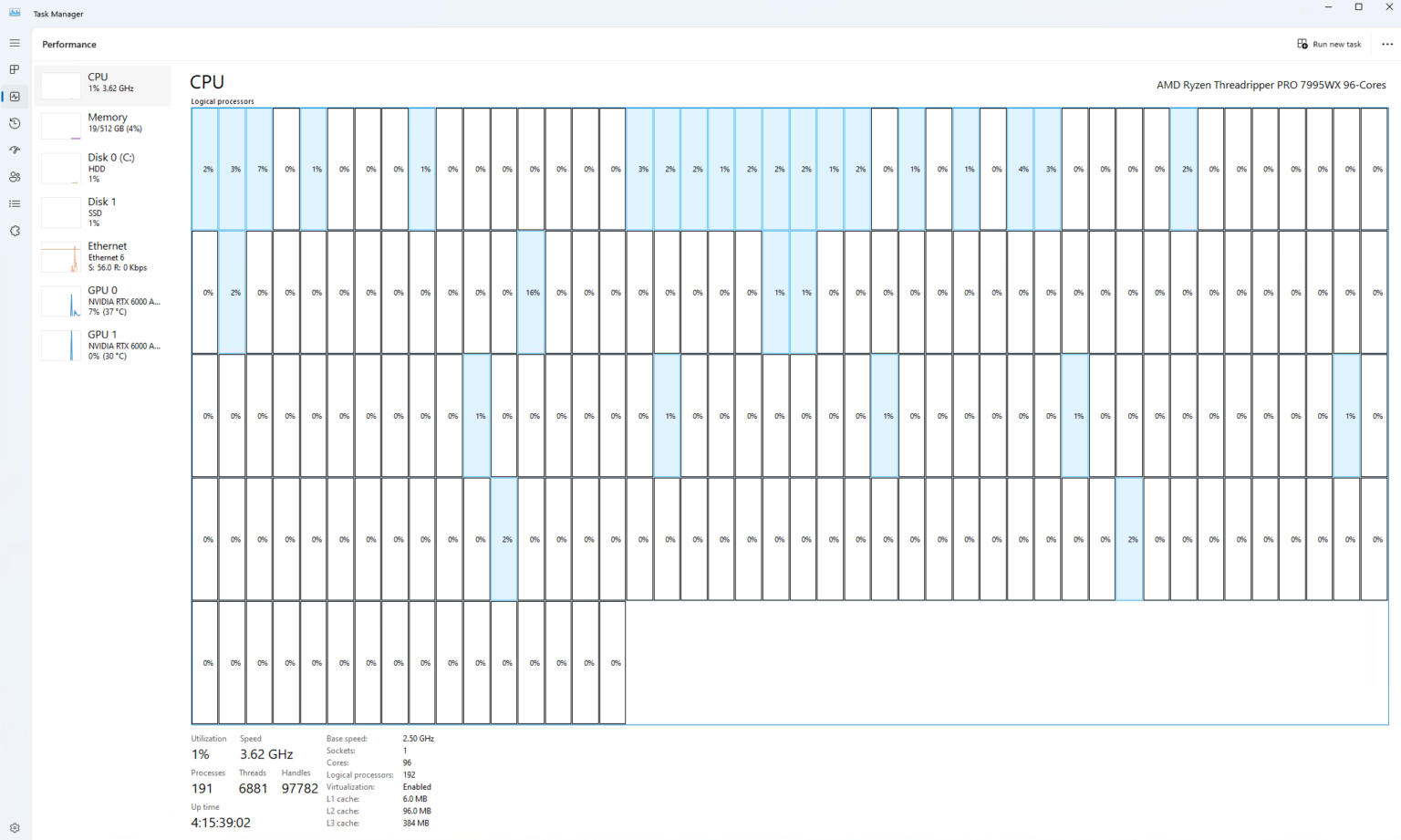Zarathustra[H]
Extremely [H]
- Joined
- Oct 29, 2000
- Messages
- 39,093
...I just fear the price tag on the memory modules that sits along side them.
You can say that again.
My "home production server" has 256GB of Registered DDR3 in it right now which I got a good deal on years ago, and I dobt think I can use less thab that for my application now.
Memory cost is the biggest reason why I've stayed on Xeon v2's for my server for years, rather than upgrading. The price tag for 256+GB of Registered DDR4 was, well, off-putting....
If not for memory, I probably would have upgraded the server 5 years ago.
![[H]ard|Forum](/styles/hardforum/xenforo/logo_dark.png)


